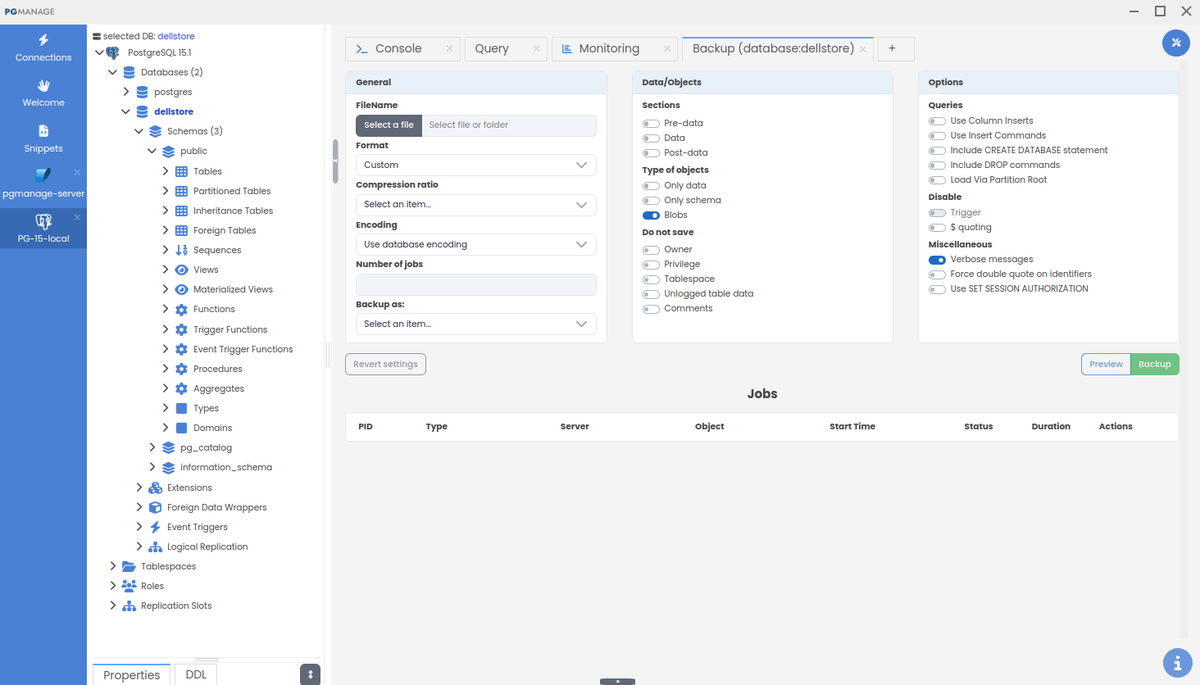pgBackRest is a complete backup and continuous archiving solution for PostgreSQL offering support for point-in-time recovery (PITR), fast multi-threaded backup and restore, compression and encryption of backups, and more. In this article, we will explore pgBackRest’s features and present how to set up a basic pgBackRest configuration.



